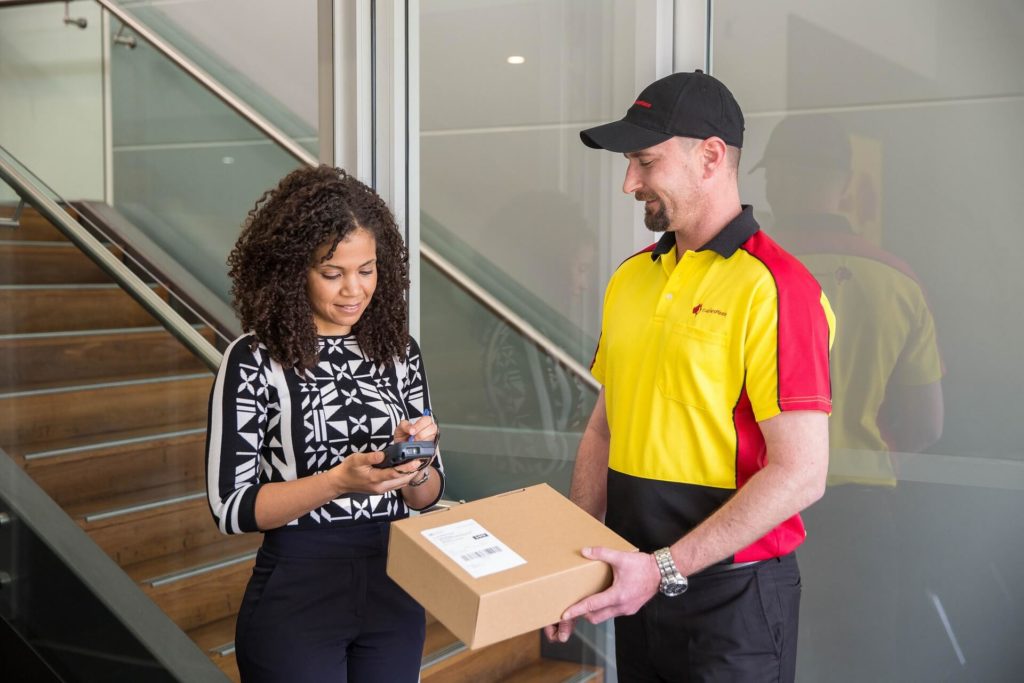Australian Couriers aren’t expect from risks, if anything, It’s long hours on the road, traffic that grinds you down, deadlines that don’t move, and customers who seem to think parcels teleport to their door. These all culminate to additional risks the delivery and courier industry face. The common saying is, you’re more likely to be in a car accident than a shark attack, add in the fact you’re operation revolves around the reality that you are on the road at all times. It’s clear couriers face their own challenges when it comes to running their business efficiently, safely, and profitably.
But here’s the part many new Australian courier operators don’t realise: running deliveries as a business comes with risks that can wipe out weeks, months, or even years of hard work if you’re not insured properly. A single incident, a car crash, a fire destroying the goods, a missing package, or damage while dropping off the items can turn into a claim for thousands of dollars. If you’re not covered, those costs land squarely on your shoulders. Add in the costs of legal fees, downtime, and reputational damage. The numbers add up real quick.
That’s why insurance isn’t just paperwork to tick off at the start, or something a loved one pushes you to get, It’s part of the backbone of running any business, including a courier operation. Insurers don’t just hand it out without asking questions. They want to understand what you do, how you do it, and where the risks lie. If you’re just starting out, you should expect them to ask for things like:
- What type of goods you’re carrying (fragile items like glassware get treated very differently to basic documents).
- The value of goods on a typical day, plus the highest value you might carry in one load.
- Whether you’re delivering in metro areas only, or if you travel interstate and stay overnight with stock.
- How many jobs or drops you complete per day, and what your annual turnover looks like.
- Any past claims or accidents on your record.
We’re not trying to be difficult, the insurers are figuring out how likely it is that something will go wrong, and how big the fallout could be. That’s what sets your premium.

